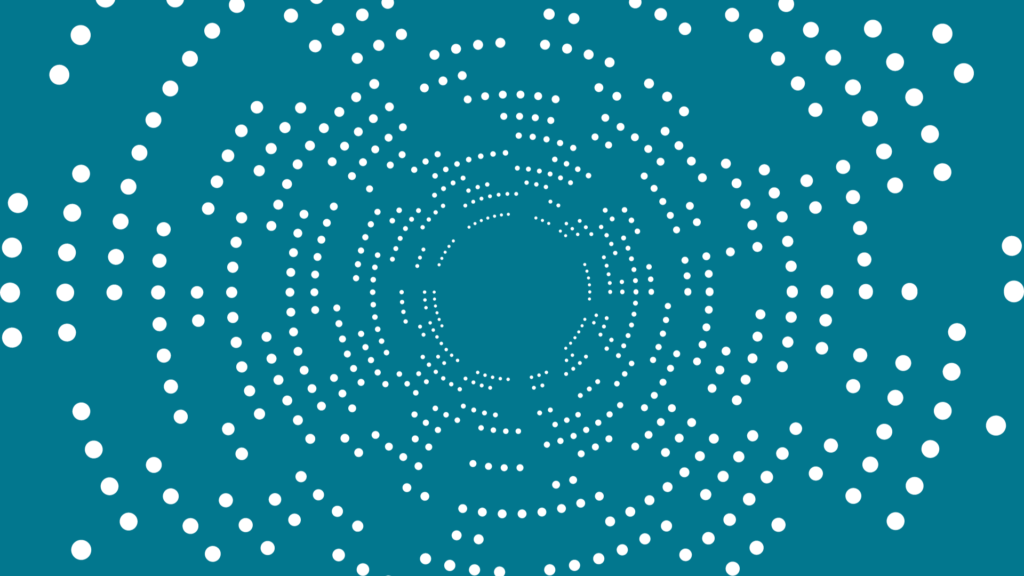
December 1, 2025 | 11:30 AM – 2:30 PM ET
Presented by the Lyceum Society
To attend, click the “Register” button at the time of the presentation. It will take you directly to the Zoom call.
Welcome and Introductions: 11:30 AM to 11:45 AM
Main Presentation: 11:45 AM to 2:30 PM
AI Data Center Boom: High Cost/Benefit, Locally & Environmentally
Tech companies are racing to expand data center capacity to win the competition for commercial dominance, most prominently through the AI path. This surge has been encouraged by the current business and political environment including new federal industrial policies, abundant capital, disregulation, and hype of AI.
Business tactics prioritizing immediate business interests over the public interest may include:
- Bending/breaking some constraints, including legal ones
- Building fast before anyone can react
- Minimizing disclosure of critical data center features
- Obfuscation of site ownership via complex LLCs, trusts, etc.
- Externalizing environmental costs, GHG emissions, e-waste generation
I will present brief summaries of findings from technical journals, newspapers, and magazines. Informative YouTube video segments will be included to elicit group discussion.
Speaker
Philip W. Apruzzese (BE Chem. E., MS Technology Mgmt., CHMM) graduated from Stevens Institute of Technology, Hoboken, NJ. He was employed in the pharmaceutical industry (Squibb, Beecham, Schering-Plough) for nearly 40 years, holding manufacturing operations, project, research pilot plant startup, and environmental compliance management positions. From 2010 to 2019 he was employed part-time as a Chem Eng/Environmental, health and safety consultant in addition to working seasonally as a Level C Official for USA Cycling racing events.
Since relocating to the Seattle area he has begun volunteer work with several non-profit community cycling/Recycling resources and advocacy organizations. Additionally he volunteers online with the Summit Old Guard, an organization for retired business and professional men.
In April, 2015, he spoke on Tour de France cycling performance enhancements – Post Lance/Post Drugs and in 2019 he presented on The Nobel Prize in Chemistry for the development of lithium ion batteries. In 2021 he presented on The Nobel Prize in Chemistry for the development of asymmetric organocatalysis. In April 2025 he spoke along with Stuart Kurtz on Becoming a Chemical Engineer: Two Stories.
Pricing
All: Free
About the Series
The Lyceum Society is a collegial venue promoting fellowship, education, and discussion among retired members of The New York Academy of Sciences. Learn more and explore other events hosted by the Lyceum Society.